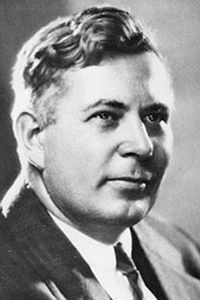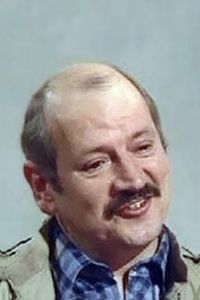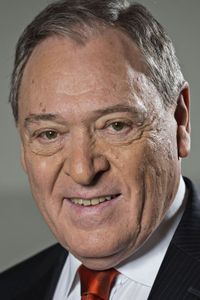Dr. William Moulton Marston, a visionary individual with a unique ability to merge disparate fields of interest, crafted an idea that has endured for generations. Born and raised in Massachusetts, Marston's academic pursuits led him to earn a law degree in 1918 and a Ph.D. in Psychology from Harvard University in 1921.
Throughout his career, Marston's passion for discovering a scientific method to prove a person's innocence drove him to invent the systolic blood-pressure test, which laid the foundation for the polygraph machine. As he advocated for the widespread use of lie-detectors in criminal cases, Marston's studies led him to a profound realization: women were more honest and trustworthy than men.
This conviction sparked an early feminist streak in Marston, who championed the idea that women represented a peaceful force in society. In 1940, Marston was approached by DC Comics publisher Maxwell Charles Gaines to serve on an educational advisory board. Unhappy with the clichéd male superhero archetype, Marston suggested to Gaines that a female superhero was long overdue.
Gaines was enthusiastic about the concept, and encouraged Marston to bring it to life. Thus, Wonder Woman was born in 1941, credited to Charles Moulton (a name derived from Gaines and Marston's middle names). Wonder Woman's popularity soared, and she soon starred in her own eponymous comic book series. Marston continued to nurture his creation until his untimely death from cancer in 1947.
Despite his passing, Wonder Woman's legacy endures, a testament to Marston's innovative spirit and groundbreaking ideas.











































